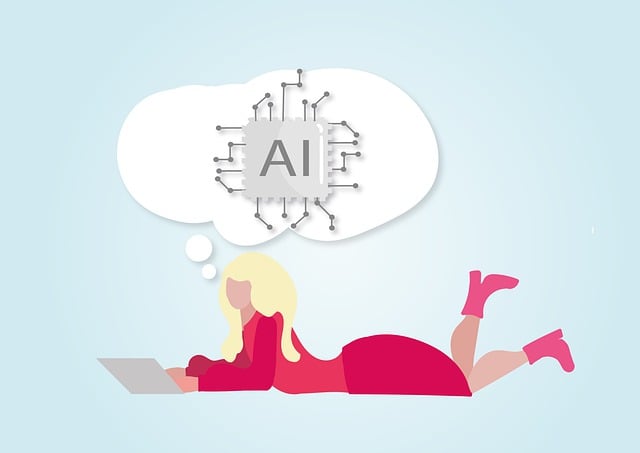The potential of artificial intelligence (AI) technology has been the subject of much discussion and debate in recent years. AI technology is capable of transforming the way we work, live, and even think, and it is becoming increasingly important in our day-to-day lives. In this article, we will take a look at the possibilities of AI technology, the potential implications it could have, and the challenges that lie ahead.
The Benefits of AI Technology
AI technology has the potential to revolutionize the way we live, work, and interact with each other. One of the major benefits of AI technology is its ability to automate mundane tasks, freeing up time for more meaningful activities. AI technology can also be used to improve decision-making, by providing data-driven insights and helping to identify trends and patterns.
Furthermore, AI technology can be used to improve customer service, by providing personalized and tailored experiences. AI technology can also be used to create virtual assistants that can help with tasks such as scheduling appointments, making reservations, and providing customer support.
The Potential Implications of AI Technology
The potential implications of AI technology are far-reaching and could have a profound impact on our lives. AI technology could lead to the automation of many jobs, potentially leading to increased unemployment and a decrease in wages for those who are still employed. AI technology could also lead to increased surveillance and privacy concerns, as AI-powered systems are capable of collecting vast amounts of data.
AI technology could also lead to increased inequality, as those with access to the technology will be able to reap the benefits, while those without access will be left behind. Finally, AI technology could lead to increased bias and discrimination, as AI-powered systems are only as good as the data they are trained on.
The Challenges Ahead
Despite the potential benefits of AI technology, there are still many challenges that need to be addressed if we are to realize its full potential. One of the most pressing challenges is the development of ethical and responsible AI systems that are able to act in a manner that is beneficial to society.
Another challenge is the development of AI systems that are able to explain their decisions and actions so that we can understand why they are making certain decisions. Finally, there is the challenge of ensuring that AI technology is accessible and affordable to everyone so that everyone can benefit from its potential.
Conclusion
AI technology holds great potential, but there are still many challenges that need to be addressed before we can fully realize its potential. We must ensure that AI technology is developed responsibly and ethically and that it is accessible and affordable to everyone. Only then can we begin to unlock the true potential of AI technology.










